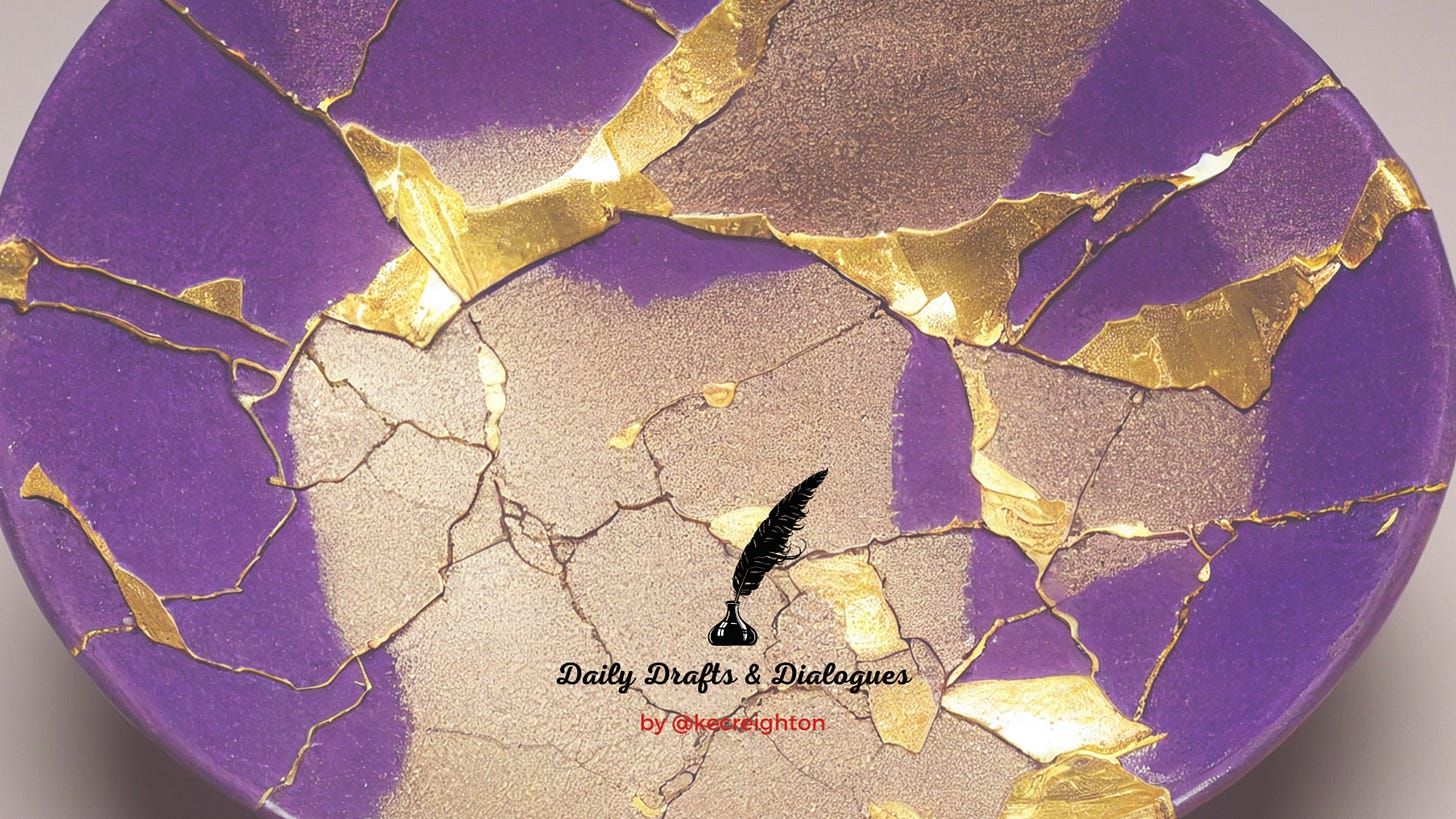Writers: Perfectionism is your worst enemy.
If you struggle with perfectionism when you write, you’ll want to read this post. Leave a comment to join this dialogue, and don't forget to check out today’s writing prompt. [From the Archive.]
The greatest gift any writer can give themselves is the permission to write badly— the permission to misspell words and forget to use punctuation or use the wrong punctuation and be repetitive or use everyday words instead of flowery, complicated language, etc. They should forget about making their writing ‘perfect’ as they write, in other words. Why? B…



